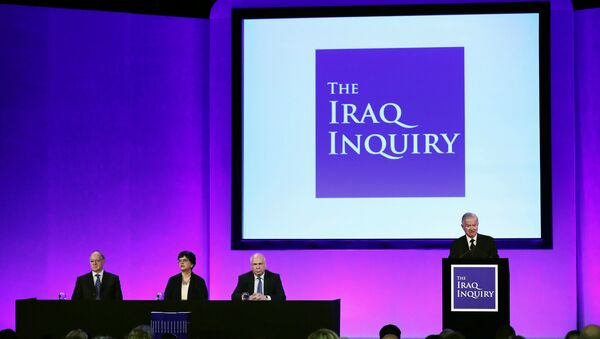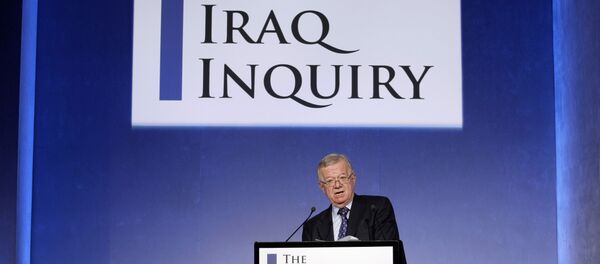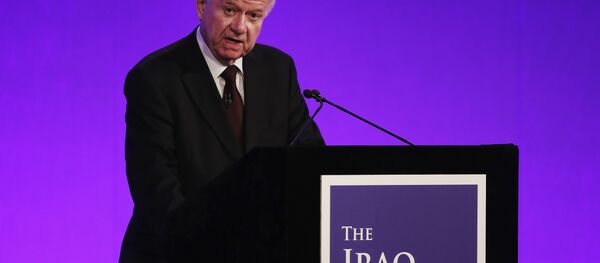“We forget the 244 labor MPs voted for the war. We forget that 139 conservative MP’s voted for the war. We forget that from 1997 when Blair came to power through to 2003 when he invaded Iraq there was huge support in the liberal media, his whole idea of humanitarian interventionism in other state’s affairs.”
He further said that it is important not to forget all the other people who either directly supported the war or gave Blair confidence to interfere in other state’s affairs.
“I think those people are being let off the hook and behaving in a pretty cowardly way whereas Blair has at least one redeeming feature of sticking by what he believed in back in 2003.”
O’Neil further said that he is not in favor of anyone being taken to the international courts.
In his opinion, that is not a good or democratic way to fix political and moral problems. In fact, I think there are some strong streaks of anti-democracy in some of those demands that Blair should be dragged to The Hague.
“We have to remember that he was voted in numerous times throughout the 2000’s even after the Iraq war including by some of the people who are so angry with him now. Even in 2005 and 2009 they voted for his party. I think the best way to resolve this is to have an open and honest political discussion about the various origins to it,” O’Neil said.
“There needs to be better intelligence, there needs to be better weaponry and provisions for soldiers. So anyone out there who thinks this is some kind of anti-war judgment is in for a rude awakening because if anything its imploring the British military and defense system to get its house in order before it intervenes in another country in the future,” O’Neil said.
“Actually it seems like it will give rise to a new form of British interventionism overseas, one that is supposedly more responsible and better organized but will likely have the same disastrous consequences for those on the receiving end,” O’Neil said.
He further said that there is a lack of a whole discussion of western interventionism which according to him is the major problem at hand.
After a seven-year inquiry, the authors of the so-called Chilcot Inquiry found that the 2003 decision by the government of then Prime Minister Tony Blair to join the US-led invasion of Iraq was based on flawed intelligence and assessments and had grave consequences, many which are still being felt.




